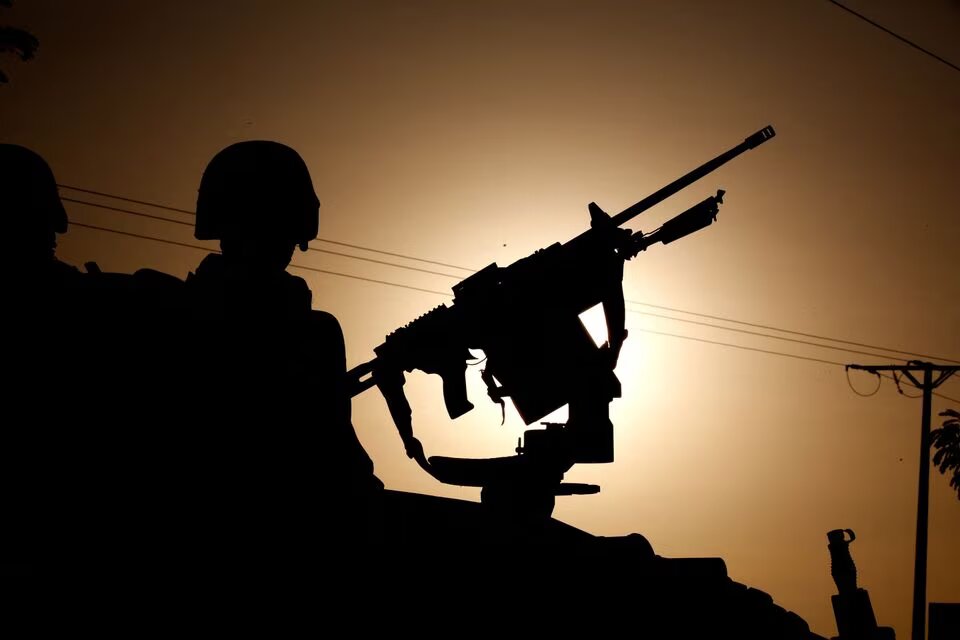Niger denotes Africa bond with former colonists

The theatre playing out in Niger should be interesting for students of international relations and could define the continuing relationship between African countries and their former colonial rulers. It needs to be observed closely. The sitting president of Niger, Mohamed Bazoum, was deposed by the military.
Niger is a member of the regional community of nations known as ECOWAS – the Economic Community of West African States.
ECOWAS brings together about 15 states, both former United Kingdom and France colonies. Nigeria is the dominant country in the body, by the sheer power of geographical size, economy and population, and whose newly elected president, Bola Ahmed Tinubu, is the current chairman.
Niger has had a troubled history since gaining independence from France in the 1960s. Its leader at independence, Hamani Diori, spent time under house arrest after he was deposed in a military coup. For over three decades after independence, there were no elections in Niger, and Dori and his men stayed put.
The country had a series of coups and attempted coups, with some of its leaders assassinated along the way. Like most former colonies of France, Niger maintained a close relationship with Paris.
Part of this relationship allowed France to intervene in Niger whenever French interests came under threat. French influence remained in the country, including trade and cultural ties through language, currency support at international parleys, and access to natural resources, as has been the case elsewhere in the former French colonies.
Colonial powers, and particularly France, have often ensured that friendly regimes reign in their former colonies. The result is that national leadership, either out of frustrations from the colonial powers or for lack of trying, have reigned without being sensitive or responding to the needs of the people. This created a conducive environment for corruption and for leaders to focus on appeasing Western capitals than their people. The result is a dissatisfied population.
Niger ranks among the top five poorest countries in the continent. Burundi is at the top of the poverty table, followed by Somalia, the Central Africa Republic, and the Democratic Republic of Congo, depending on the data source and the variables considered.
But the world is no longer at ease. Europe is fighting with itself in the East, where Russia seeks to reinstate its former glory. National consciousness is being ignited with centre-right parties gaining momentum in European parliaments. Back in the continent, restless African populations fed up with poverty and corruption protected by powers residing elsewhere are rising to demand greater accountability of their leaders.
After a period of relative calm, coups started occurring in the continent, most of them in the former French colonies including among ECOWAS member states.
The list of African countries under military rule is increasing steadily, including Burkina Faso, Mali and Sudan.
While ECOWAS has threatened the new rulers in Niger and demanded that the soldiers go back to the barracks and hand over power to the civilian government of President Bazoum, it does not appear that ECOWAS has the will and the capacity to do so. ECOWAS is not speaking with one voice, and some of its members are instead sympathetic to Niamey.
Could the unfolding events in Niger be a warning both to African leaders and their European benefactors?
Militancy and social consciousness are rising across the continent, even if not of the military type. Julius Malema champions populist slogans in South Africa with the potential to excite the youth. In Senegal, Ousmane Sonko is keeping the government restless, as is Uganda’s nascent Bobi Wine consciousness.
Kenya’s recently elected William Ruto is not only exciting the youth through his hustler movement but is also championing an Afrocentric economic model that could lead to clashes with the West.
The new regime in Niamey is signalling to reset its relationship with France. Who knows, but this could be a defining moment in how the continent relates to its former colonial rulers.
— The writer is Dean, School of Communication, Daystar University












